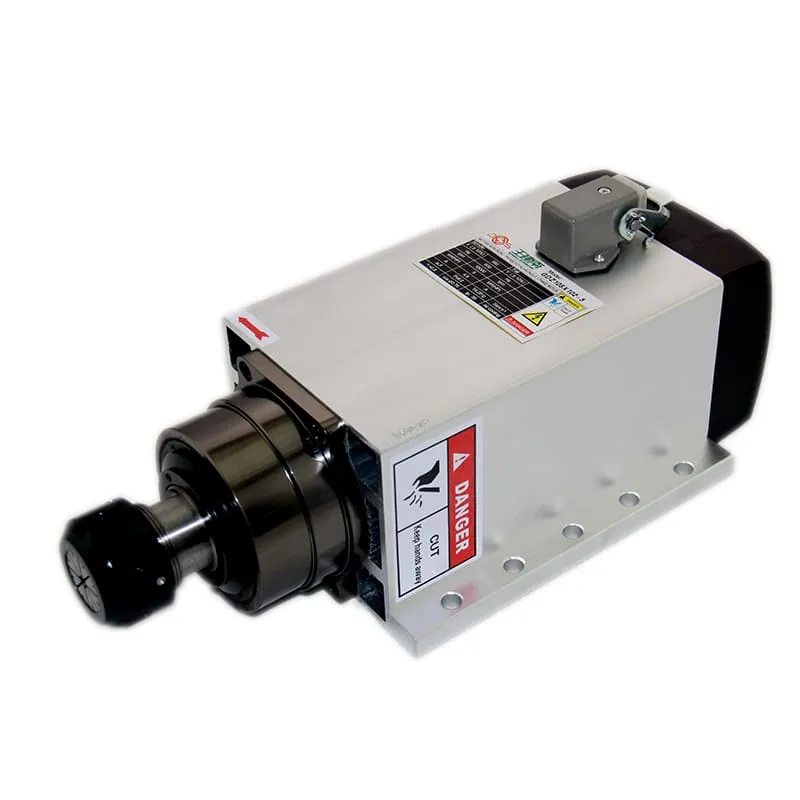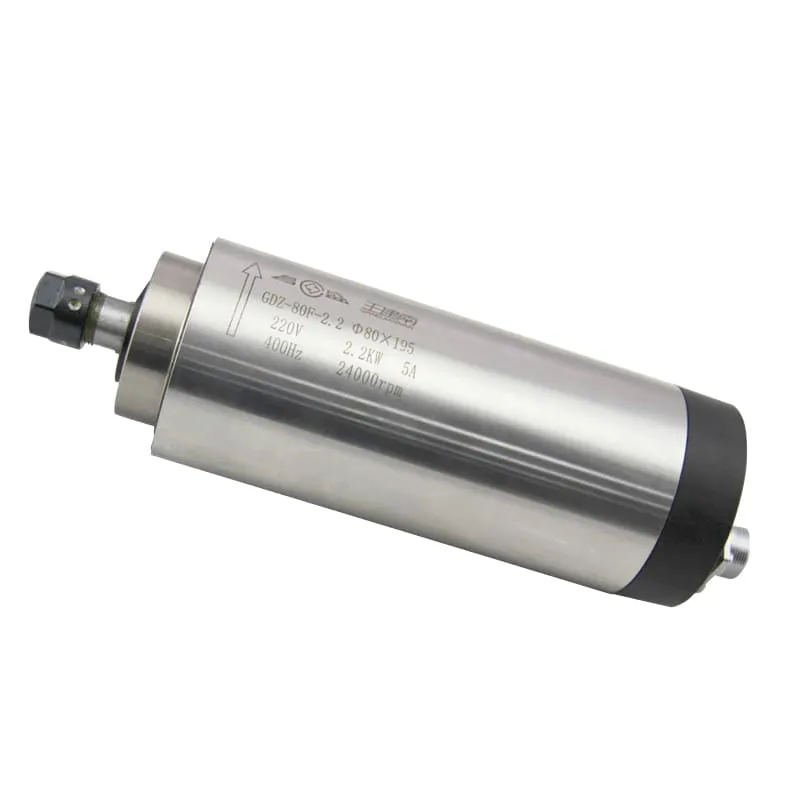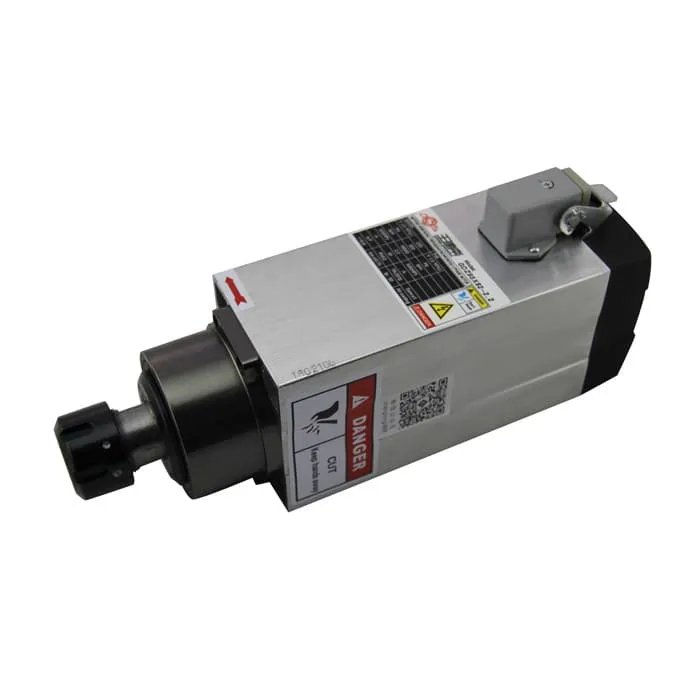How Much Does a CNC Operator Make: A Comprehensive Salary Guide
In the ever-evolving world of manufacturing, Computer Numerical Control (CNC) operators play a crucial role in ensuring the smooth operation of advanced machinery. If you’re considering a career as a CNC operator or looking to understand the earning potential in this field, you’ve come to the right place. Let’s dive into the world of CNC operator salaries and explore the factors that influence how much these skilled professionals can earn.
Understanding the Role of a CNC Operator
Before we delve into salary figures, it’s essential to understand what a CNC operator does. CNC operators are responsible for operating and monitoring computer-controlled machines that produce precision parts and tools. They work with various materials, including metal, plastic, and wood, to create components for industries ranging from aerospace to automotive.
Key responsibilities of a CNC operator include:
- Setting up and operating CNC machines
- Reading and interpreting technical drawings and specifications
- Programming CNC machines using specialized software
- Monitoring machine performance and making adjustments as needed
- Performing quality checks on finished products
- Conducting routine maintenance on CNC equipment
Average Salary Range for CNC Operators
The salary of a CNC operator can vary widely depending on several factors. According to recent data, the average annual salary for CNC operators in the United States ranges from $35,000 to $60,000. However, it’s important to note that this is just an average, and actual earnings can fall outside this range based on various factors.
Factors Influencing CNC Operator Salaries
Several key factors can impact how much a CNC operator makes:
- Experience Level
- Geographic Location
- Industry Sector
- Company Size
- Education and Certifications
- Skill Set and Specializations
- Shift Differentials
Let’s explore each of these factors in more detail.
Experience Level: A Key Determinant
As with most professions, experience plays a significant role in determining a CNC operator’s salary. Here’s a general breakdown:
- Entry-level (0-2 years): $30,000 – $40,000
- Mid-level (3-5 years): $40,000 – $55,000
- Experienced (6-10 years): $55,000 – $70,000
- Senior (10+ years): $70,000+
Operators with extensive experience, particularly those who can program and operate high-performance spindles, often command higher salaries.

Geographic Location: Where You Work Matters
Salaries for CNC operators can vary significantly based on location. Generally, urban areas and regions with a high concentration of manufacturing industries tend to offer higher salaries. For example:
- Houston, TX: $45,000 – $65,000
- Detroit, MI: $40,000 – $60,000
- San Jose, CA: $50,000 – $75,000
Keep in mind that while salaries may be higher in certain areas, the cost of living should also be considered when evaluating overall compensation.
Industry Sector: Specialization Pays Off
Different industries may offer varying salaries for CNC operators. Some high-paying sectors include:
- Aerospace
- Medical Device Manufacturing
- Defense Contracting
- Automotive
Operators working with specialized CNC router spindles in these industries often earn more due to the precision and expertise required.

Company Size: Big Fish, Bigger Pond
Larger companies often have the resources to offer higher salaries and more comprehensive benefits packages. However, smaller companies may offer other perks such as more hands-on experience or faster career advancement opportunities.
Education and Certifications: Investing in Your Future
While many CNC operator positions require only a high school diploma or equivalent, additional education and certifications can lead to higher earning potential:
- Associate’s Degree in Machining or Manufacturing Technology: +5-10% salary increase
- NIMS (National Institute for Metalworking Skills) Certification: +3-7% salary increase
- Six Sigma Certification: +5-15% salary increase
Skill Set and Specializations: The More You Know
CNC operators with a diverse skill set often command higher salaries. Some valuable skills include:
- Programming in multiple CNC languages (G-code, M-code)
- Experience with CAD/CAM software
- Knowledge of advanced machining techniques and spindle technologies
- Quality control and inspection expertise

Shift Differentials: The Night Owl Advantage
Many manufacturing facilities operate 24/7, and CNC operators willing to work evening or overnight shifts often receive a shift differential, which can add 10-15% to their base salary.
Career Progression and Salary Growth
CNC operators have several paths for career advancement, each with its own salary implications:
- Senior CNC Operator: $60,000 – $80,000
- CNC Programmer: $65,000 – $90,000
- Manufacturing Supervisor: $70,000 – $100,000
- Quality Control Manager: $80,000 – $110,000
As operators gain experience and take on more responsibilities, their earning potential increases significantly.
The Impact of Technology on CNC Operator Salaries
As CNC technology continues to advance, operators who stay up-to-date with the latest developments can expect to see their value in the job market increase. Some emerging technologies that may impact salaries include:
- 5-axis machining
- Additive manufacturing integration
- Artificial Intelligence and Machine Learning in CNC operations
- Internet of Things (IoT) connectivity in manufacturing
Operators familiar with these technologies may command premium salaries as companies seek to stay competitive in the industry.
Negotiating Your Salary as a CNC Operator
When it comes to negotiating your salary as a CNC operator, consider the following tips:
- Research industry standards for your area and experience level
- Highlight your unique skills and certifications
- Demonstrate your value through past achievements and productivity metrics
- Consider the entire compensation package, including benefits and growth opportunities
Remember, your salary is a reflection of your skills, experience, and value to the company. Don’t be afraid to advocate for fair compensation.
The Future Outlook for CNC Operator Salaries
The future looks promising for CNC operators, with the Bureau of Labor Statistics projecting steady growth in the manufacturing sector. As automation continues to play a larger role in manufacturing, CNC operators with advanced skills and adaptability will likely see increased demand and potentially higher salaries.
Conclusion: Maximizing Your Earning Potential as a CNC Operator
In conclusion, the salary of a CNC operator can vary widely based on factors such as experience, location, industry, and skill set. While entry-level positions may start around $35,000, experienced operators in high-demand industries can earn well over $70,000 annually. By continuously updating your skills, pursuing relevant certifications, and staying abreast of technological advancements in the field, you can position yourself for higher earning potential and a rewarding career in CNC operation.
Whether you’re just starting out or looking to advance your career, understanding these salary factors can help you make informed decisions about your professional development and job opportunities. Remember, in the world of CNC operation, your skills and expertise are your most valuable assets. Invest in them wisely, and you’ll likely see returns in both job satisfaction and financial compensation.
FAQs
What is the starting salary for a CNC operator with no experience?
Entry-level CNC operators with no prior experience can expect to earn between $30,000 and $35,000 annually, depending on the location and industry.
How does obtaining a CNC certification affect salary?
Obtaining a CNC certification, such as those offered by NIMS, can increase your salary potential by 3-7% on average, as it demonstrates your commitment to the field and verifies your skills to employers.
Are there any bonuses or additional compensation for CNC operators?
Many companies offer performance-based bonuses, overtime pay, and shift differentials for CNC operators. These can significantly increase your overall compensation, sometimes by 10-20% of your base salary.
How do salaries for CNC operators compare to other manufacturing jobs?
CNC operator salaries are generally competitive with other skilled manufacturing positions. They often earn more than general machine operators but may earn less than specialized roles like CNC programmers or manufacturing engineers.
Can CNC operators earn more by specializing in a particular industry?
Yes, specializing in high-demand industries like aerospace, medical device manufacturing, or precision engineering can lead to higher salaries, sometimes 10-20% above the average for CNC operators in general manufacturing.

